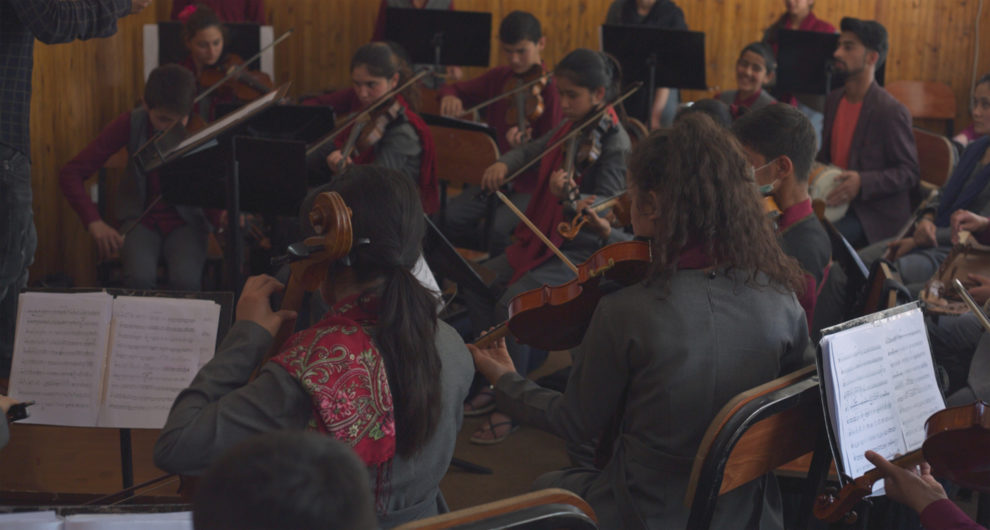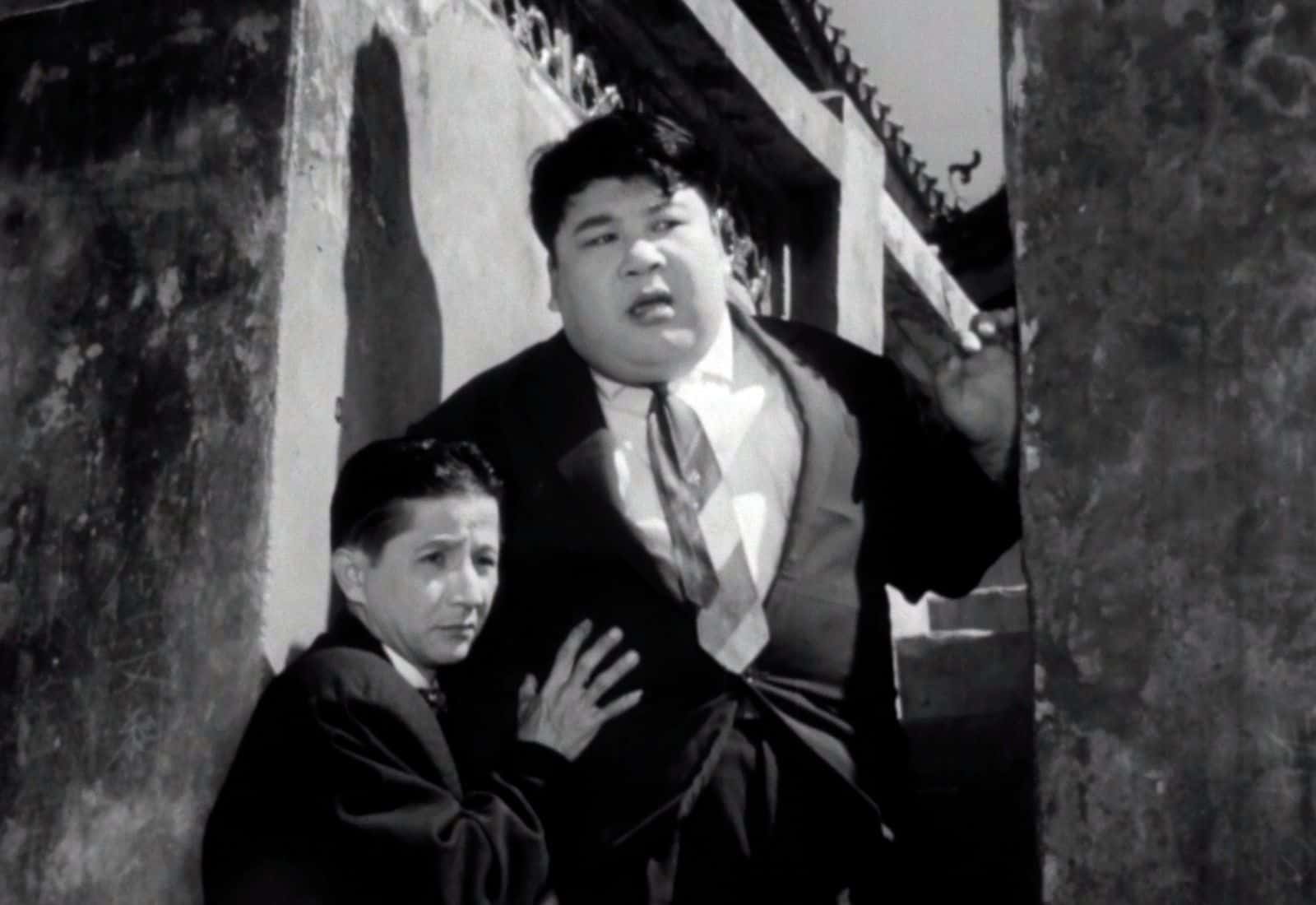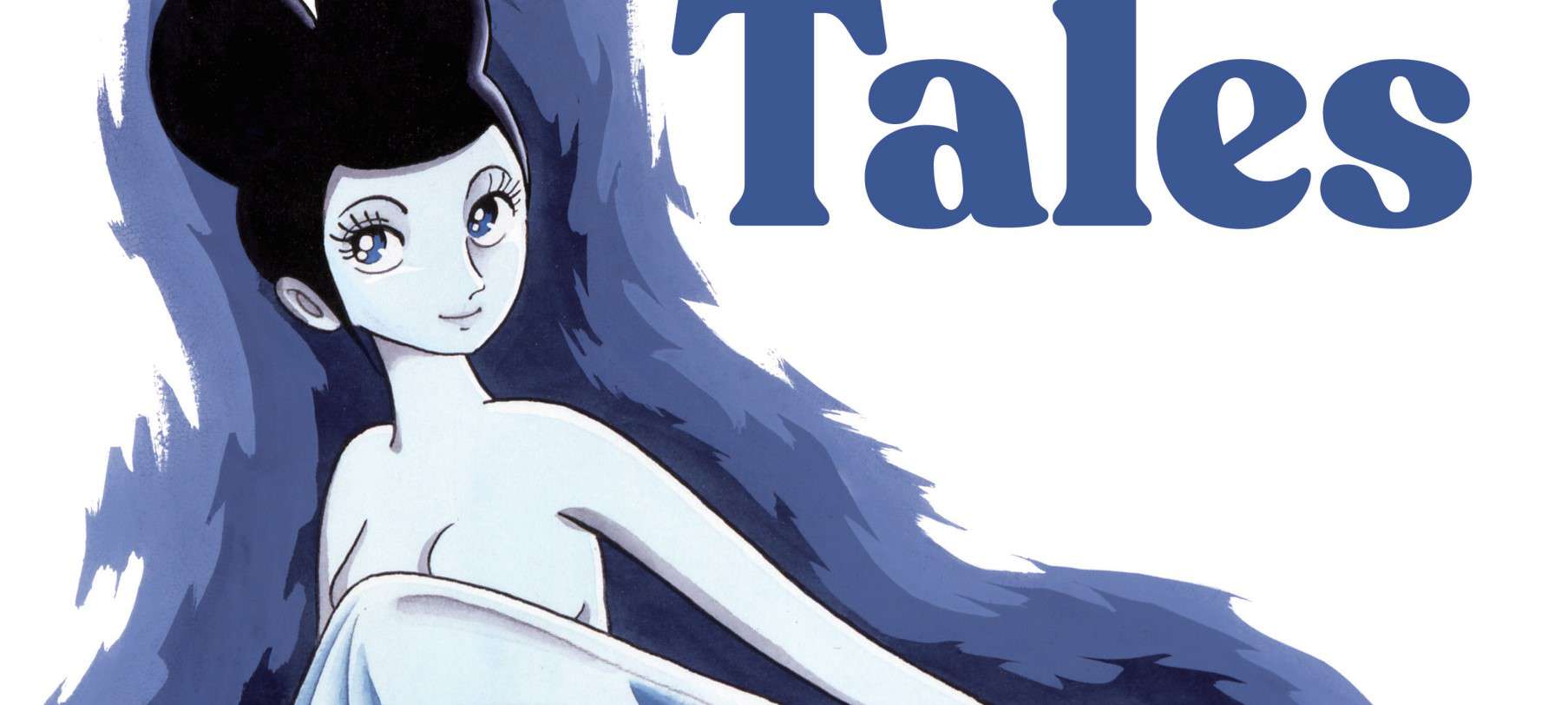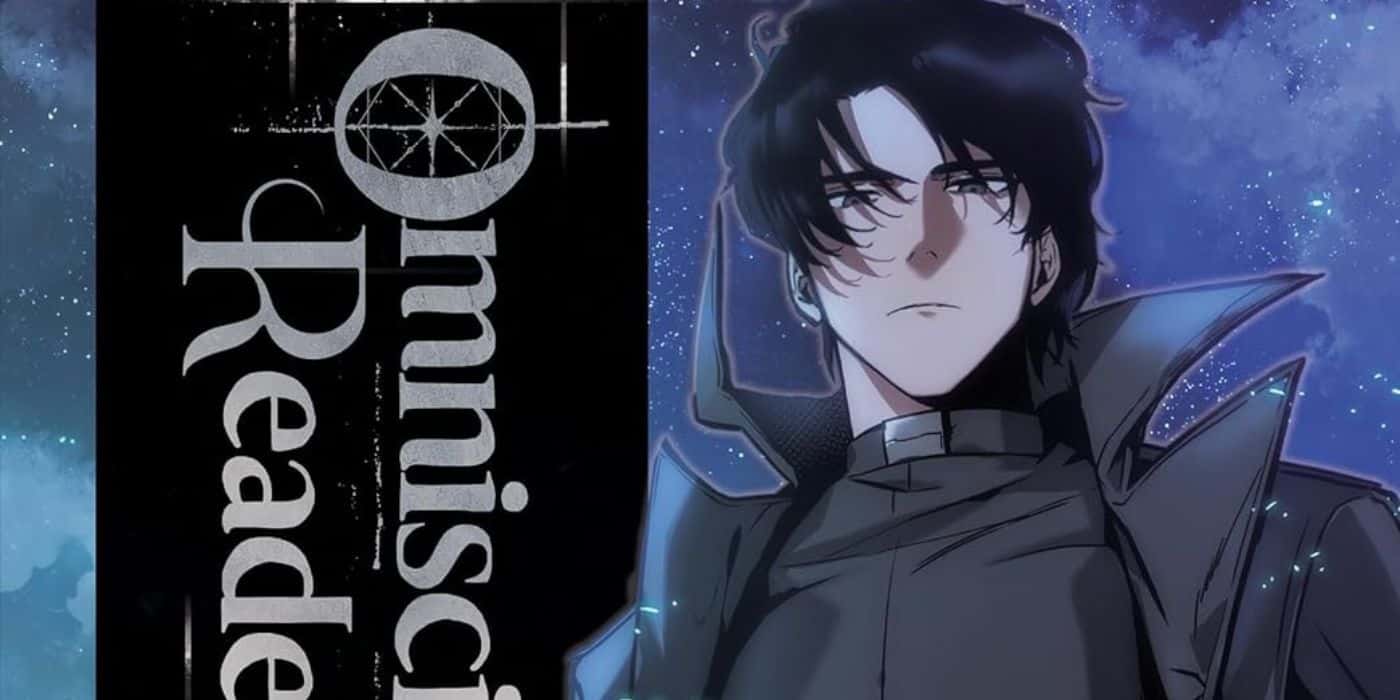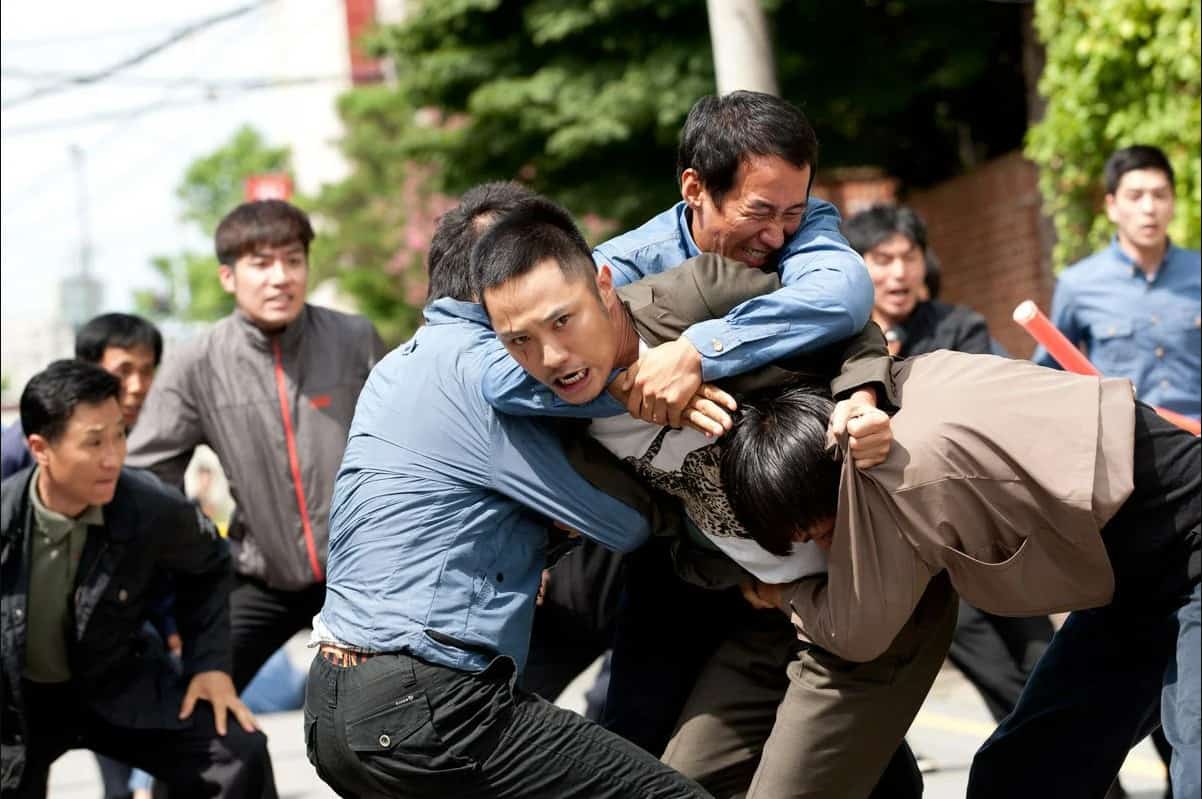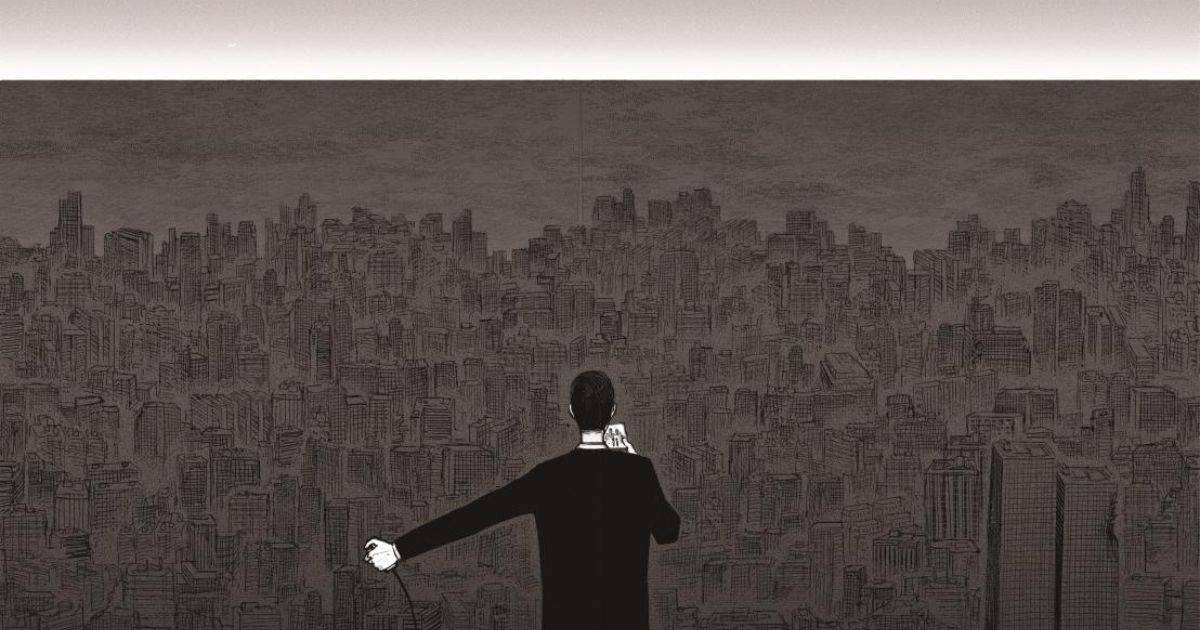“I Do My Work” is theoretically speaking Yosef Baraki's second short film, but with its runtime that fits the mid-length profile, it belongs to the kind of films most difficult to program within or outside of festivals. On the other hand, it doesn't feel any longer or shorter that it should be. Due to complexity of the subject matter, “I Do My Work” had to embrace the best possible time frame to wrap up its story without cutting its essence or over-stretching it for the sake of better distribution chances.
“I Do My Work” is screening at Toronto Reel Asian International Film Festival

The documentary follows attempts made at the National Music Institute in Kabul to train students for the celebratory concert in honor of 100 years of Afghani independence (2019), to be broadcast on national radio and TV. As we can read from the title cards at the beginning of the film, students come from different ethnic and social backgrounds, and some are from the nearby orphanages. Those differences are erased by school uniforms, mandatory for all and we are not told at any given moment any private story. In this way, the whole attention is aimed at preparations for the concert and the school itself.
Some of the teachers come into focus, and their personal stories are not told either. The interaction between pedagogues and students is painted in neutral colours, showing a very straightforward educational structure. But there is a great sense of calmness dominating the school. In many ways, this is a shelter from the reality outside of its walls.
One is reminded of the dangers of Kabul only briefly, when the camera catches a glimpse of a security officer searching students at the entrance. Apart from that, everything looks almost like in any other school – boys play football during school breaks, some of the older kids spend their spare time by composing their own scores.
Towards the end of the film, the holy month of Ramadan begins and the kids start feeling increased pressure. The long exhausting days of fasting from sunrise to sunset are filled with lessons in general subjects, religion, counterpoint and harmony, music theory and history.
What is not explicitly said in the movie, but is just given as information in the closing credits, is that the first all-female Afghani orchestra Zohra participates in those rehearsals. One is also given a short glimpse into the private rehearsals of a group of men trained to play traditional instruments, mainly sitra and dholak (a type of drum played by hand in a sitting position).
Both cinematography and editing are handled by the director, Yosef Baraki, Canada-based filmmaker of Afghani origins who caught attention with his debut feature “Mina Walking” which premiered at the 65th Berlin International Film Festival. He stays on his course of painting an honest picture of life in Khabul, more as an observer than as commentator.


